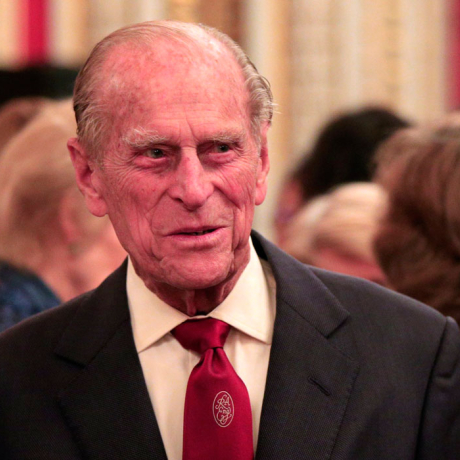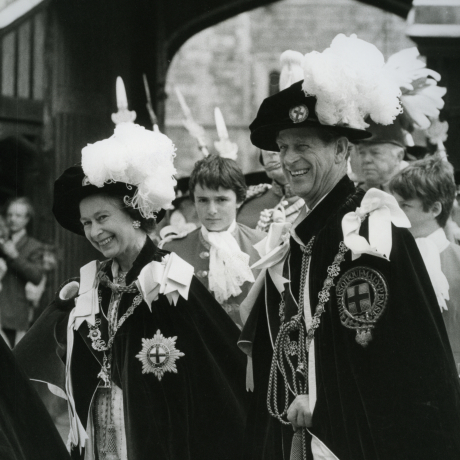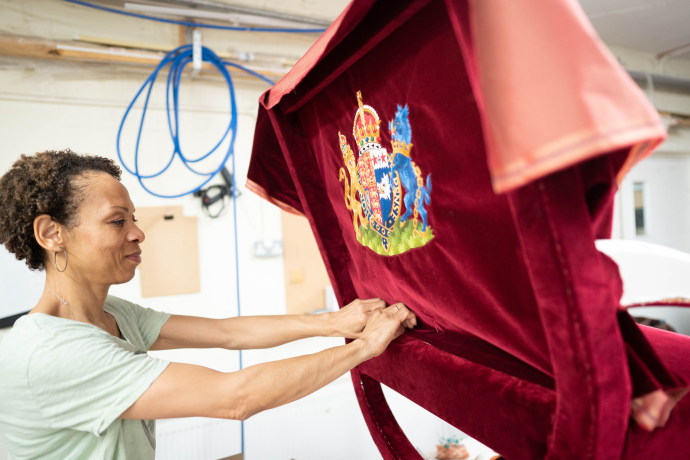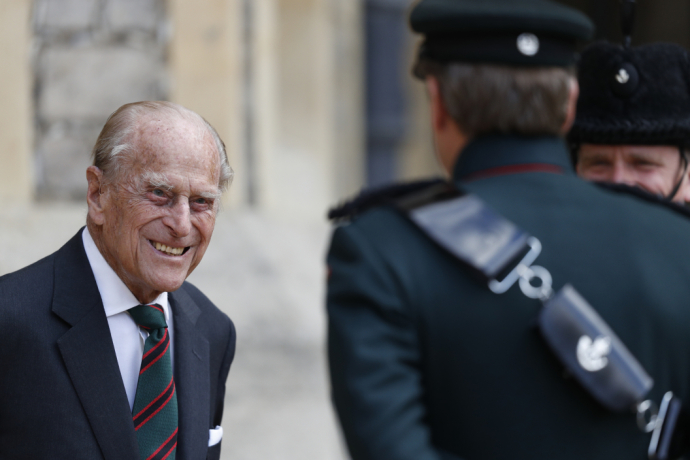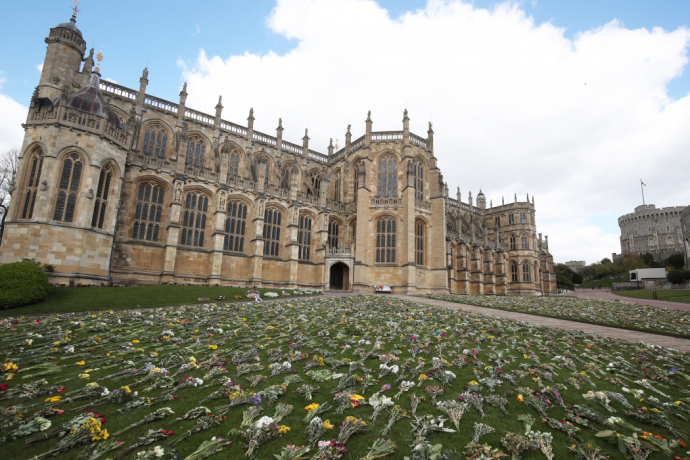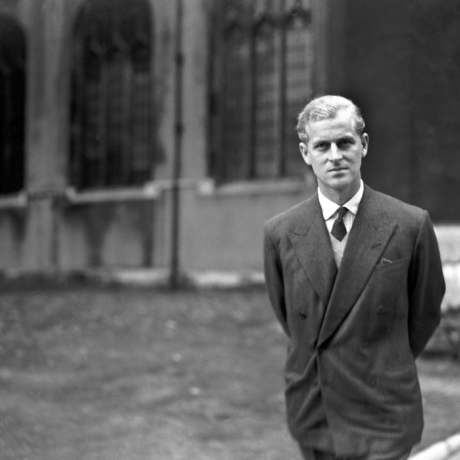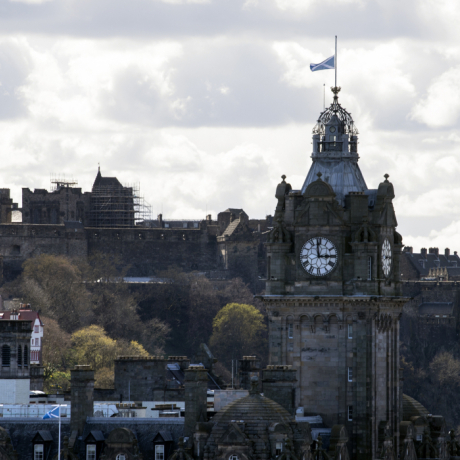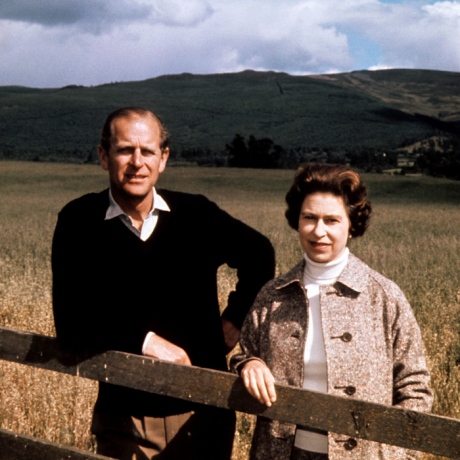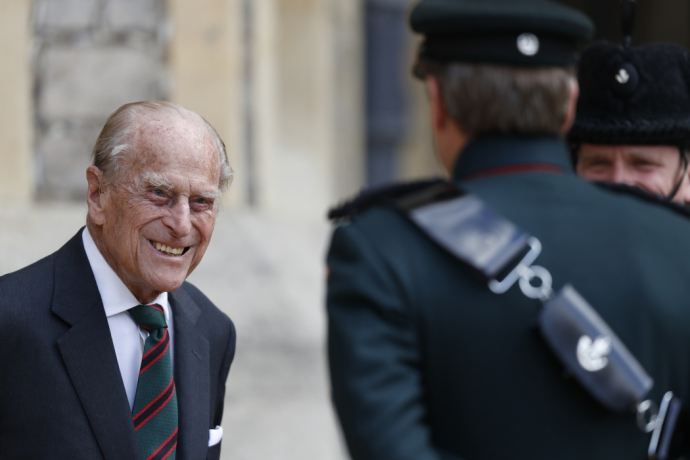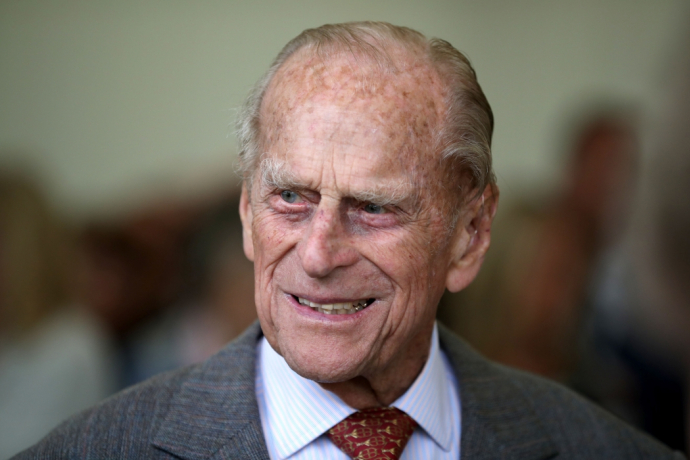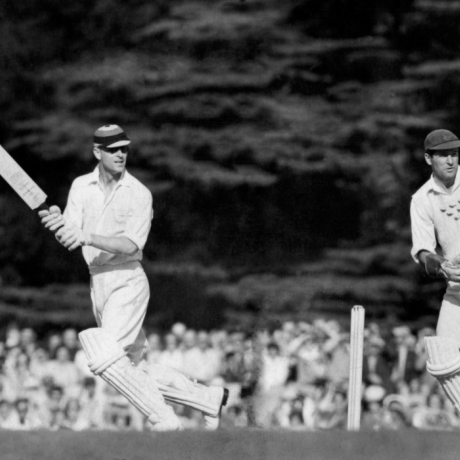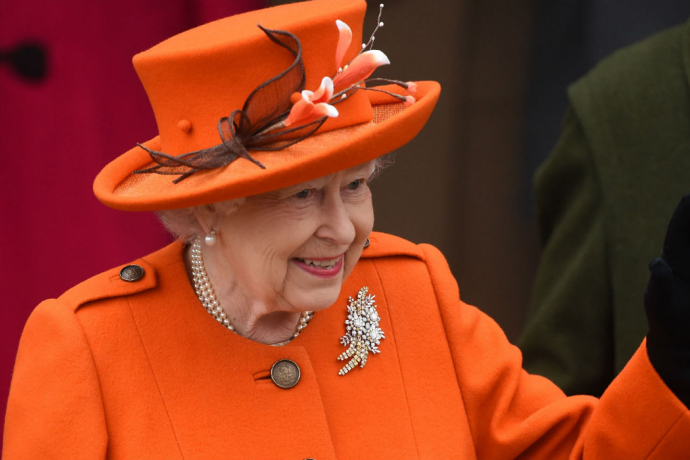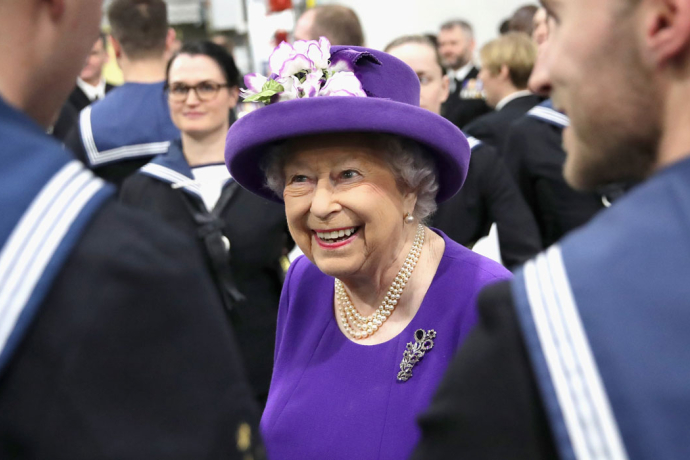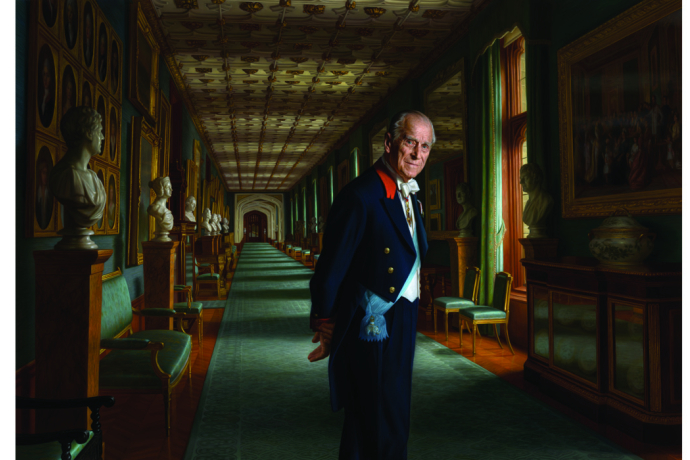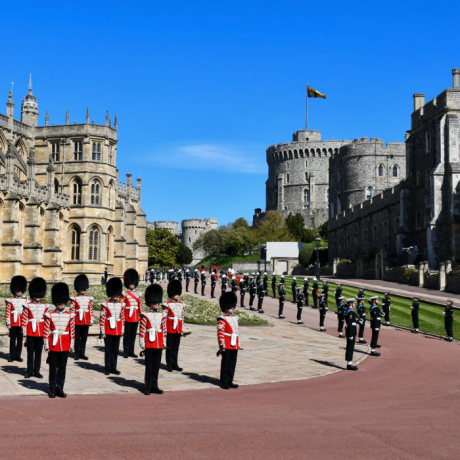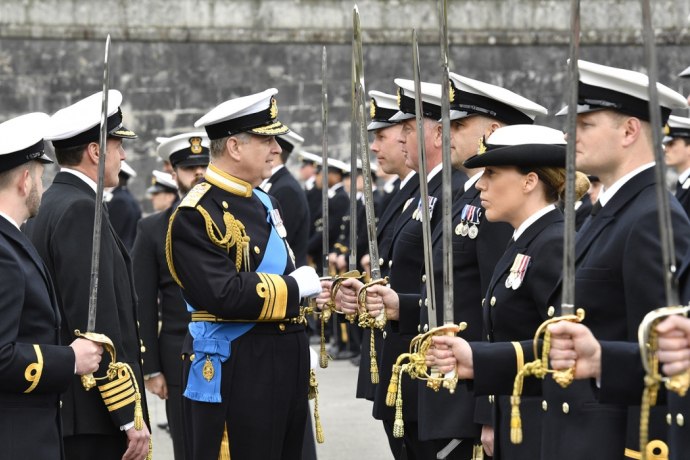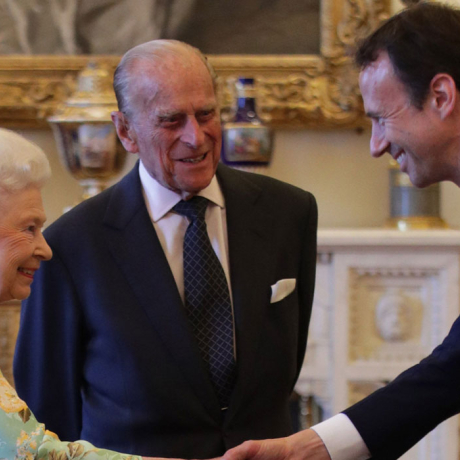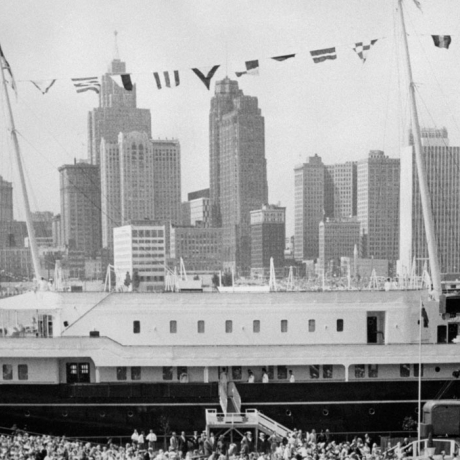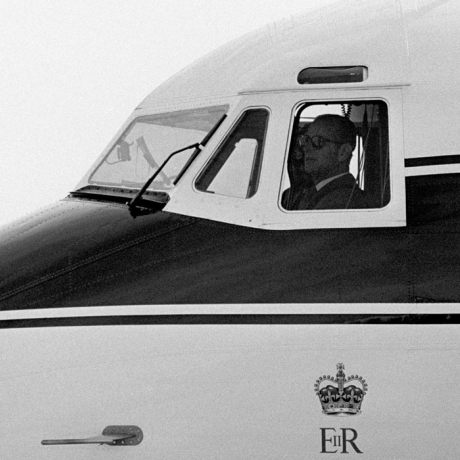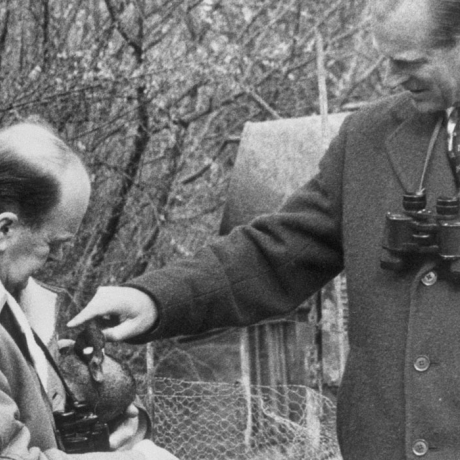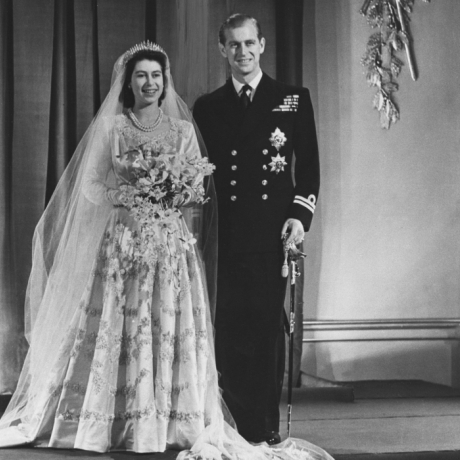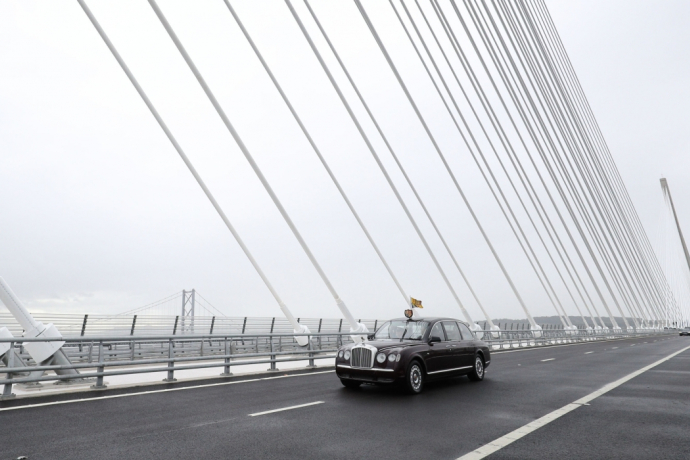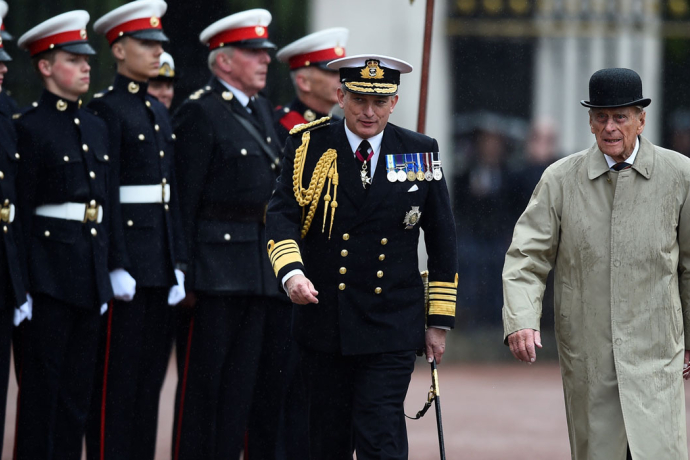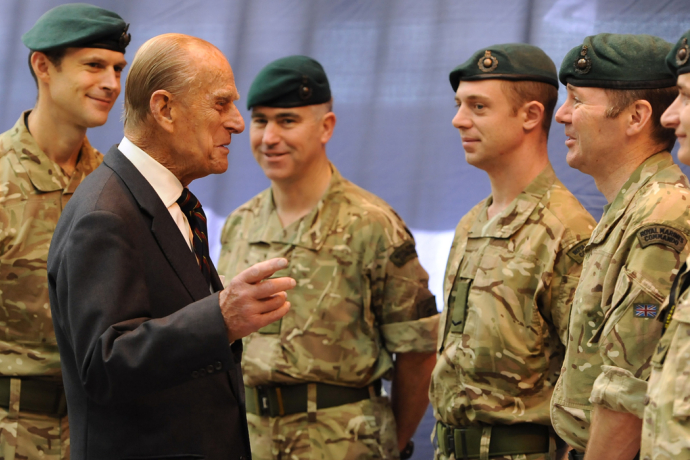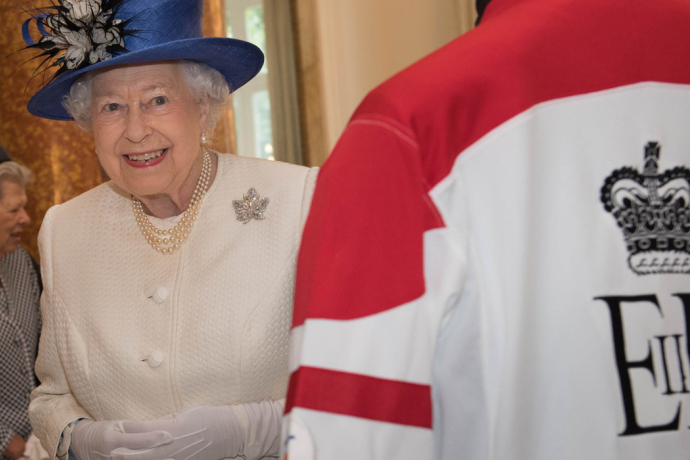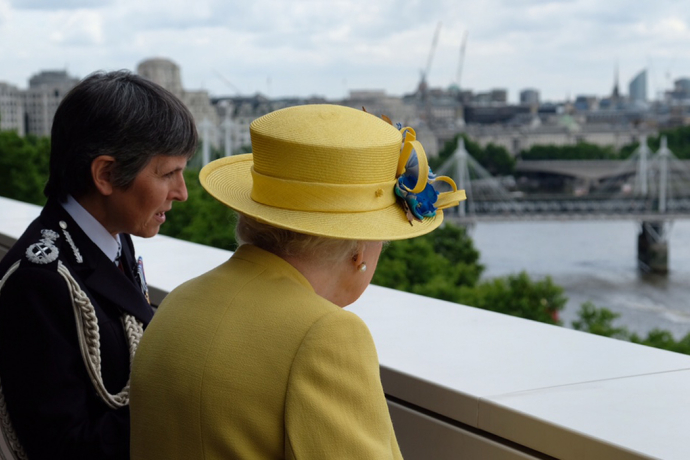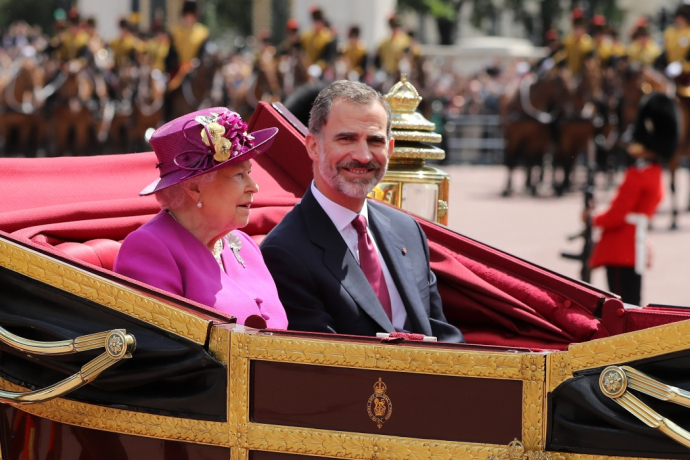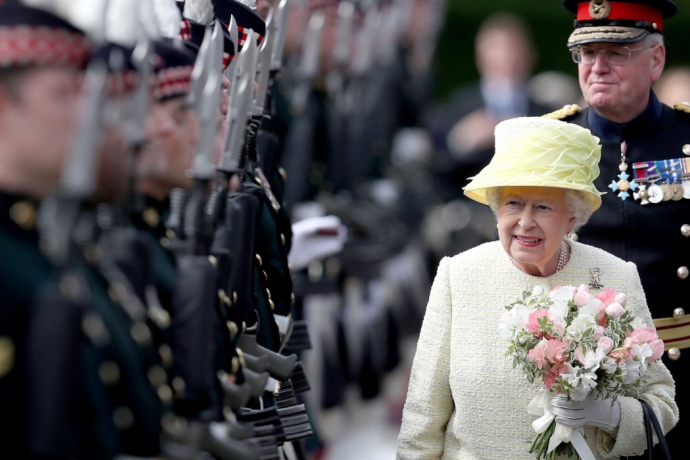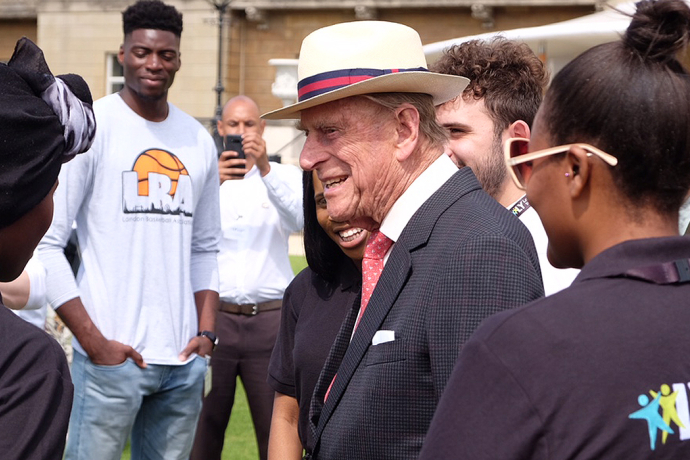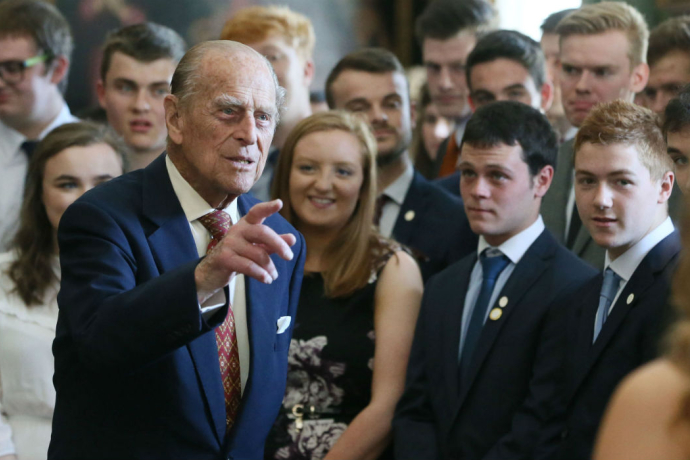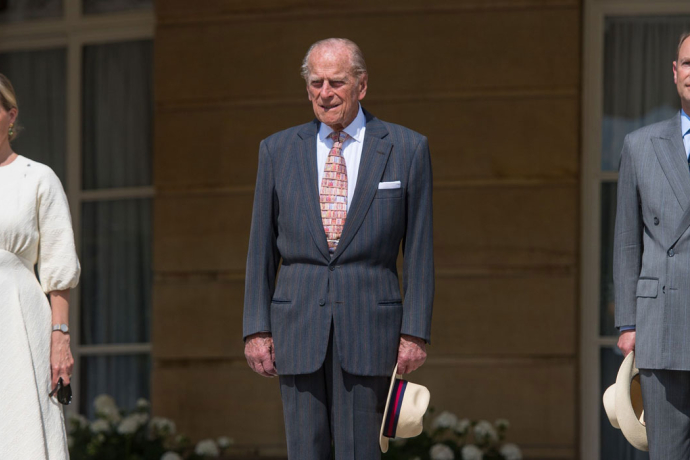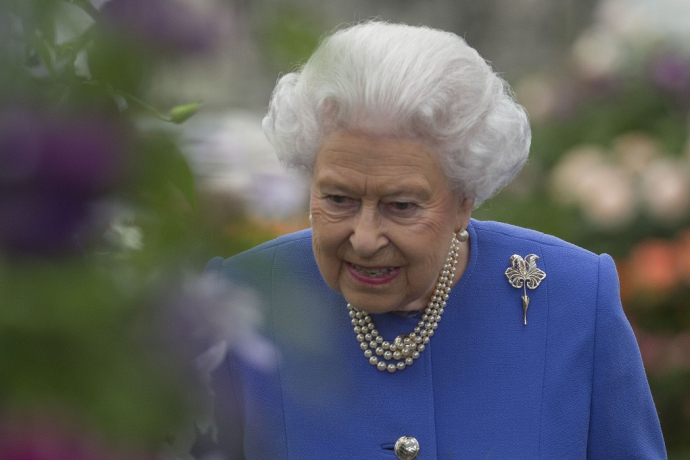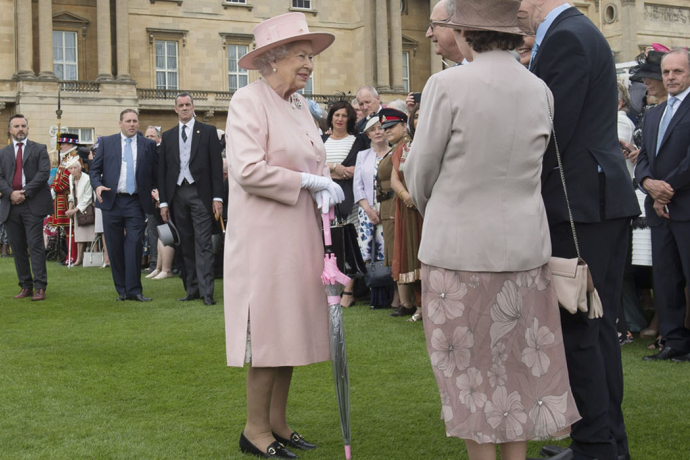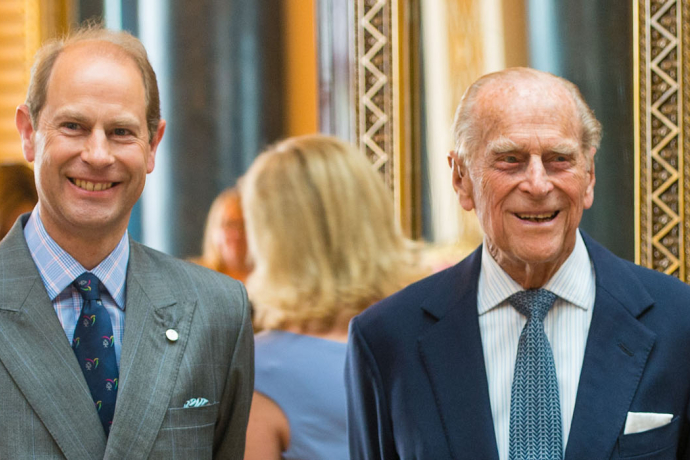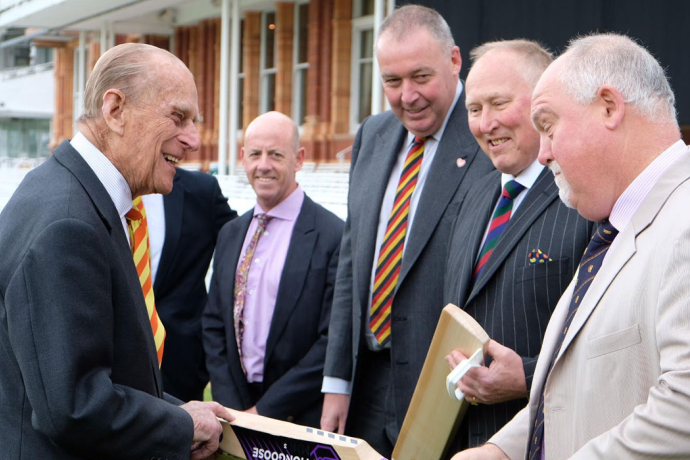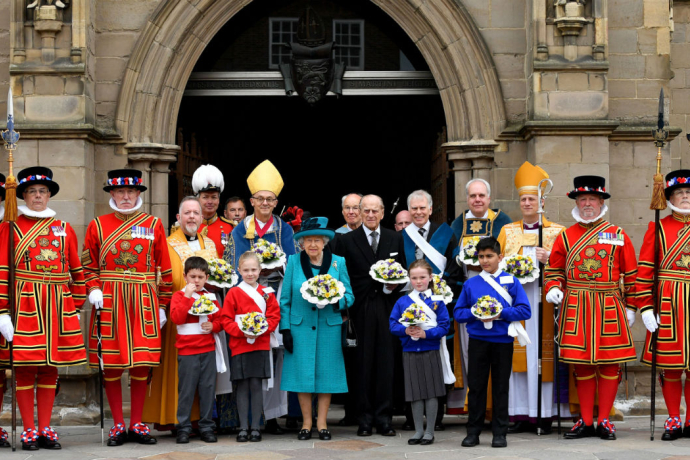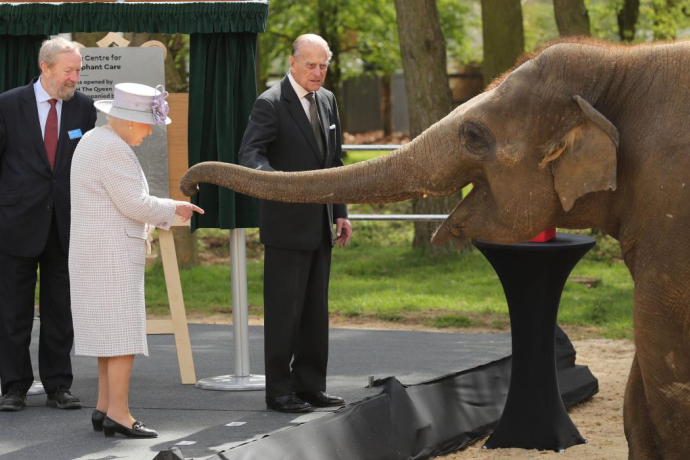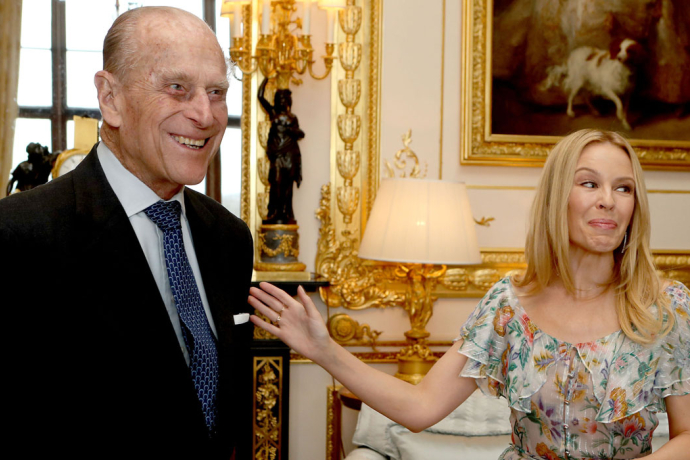Prince Philip first became interested in engineering when he entered the Royal Navy in 1939. As a midshipman His Royal Highness was required to keep a Journal recording his daily activities and details of instructional courses. As an accompaniment to his written account he included several engineering drawings such as the workings of a Capstan Engine. Throughout his career in the Royal Navy he recognised the importance of engines and other machinery to the operation of a warship.
The Duke of Edinburgh became President of the Council of Engineering Institutions, which was formed in 1965. By then it had become apparent that it was necessary to bring the various branches of engineering into one body, not least to establish the appropriate qualifications required to be recognised as a Chartered Engineer in any of the engineering institutions. He held this post until 1975.
In order to raise the status of engineers Prince Philip felt that it was necessary for the profession to have a body for distinguished engineers along the lines of the Royal Society and, at his suggestion, the Fellowship of Engineering was established in 1976 with Fellows elected from across the whole engineering spectrum. His Royal Highness was its Senior Fellow from 1976. Since 1992 it has been known as the Royal Academy of Engineering (RAE).
In 1989 The Duke of Edinburgh agreed to the establishment by the Academy of the Prince Philip Medal to be awarded biennially to an engineer of any nationality who has made an exceptional contribution to engineering.
The Queen Elizabeth Prize for Engineering, worth £1 million and administered by the RAE, was launched in 2011 to be awarded to an individual or team of up to three people of any nationality, who have been directly responsible for advancing the application of engineering knowledge through ground-breaking innovation and which has been of global benefit to humanity. In 2013 the first winners of the prize were five men considered to be the 'fathers of the internet', including Sir Tim Berners-Lee, who created the World Wide Web.

